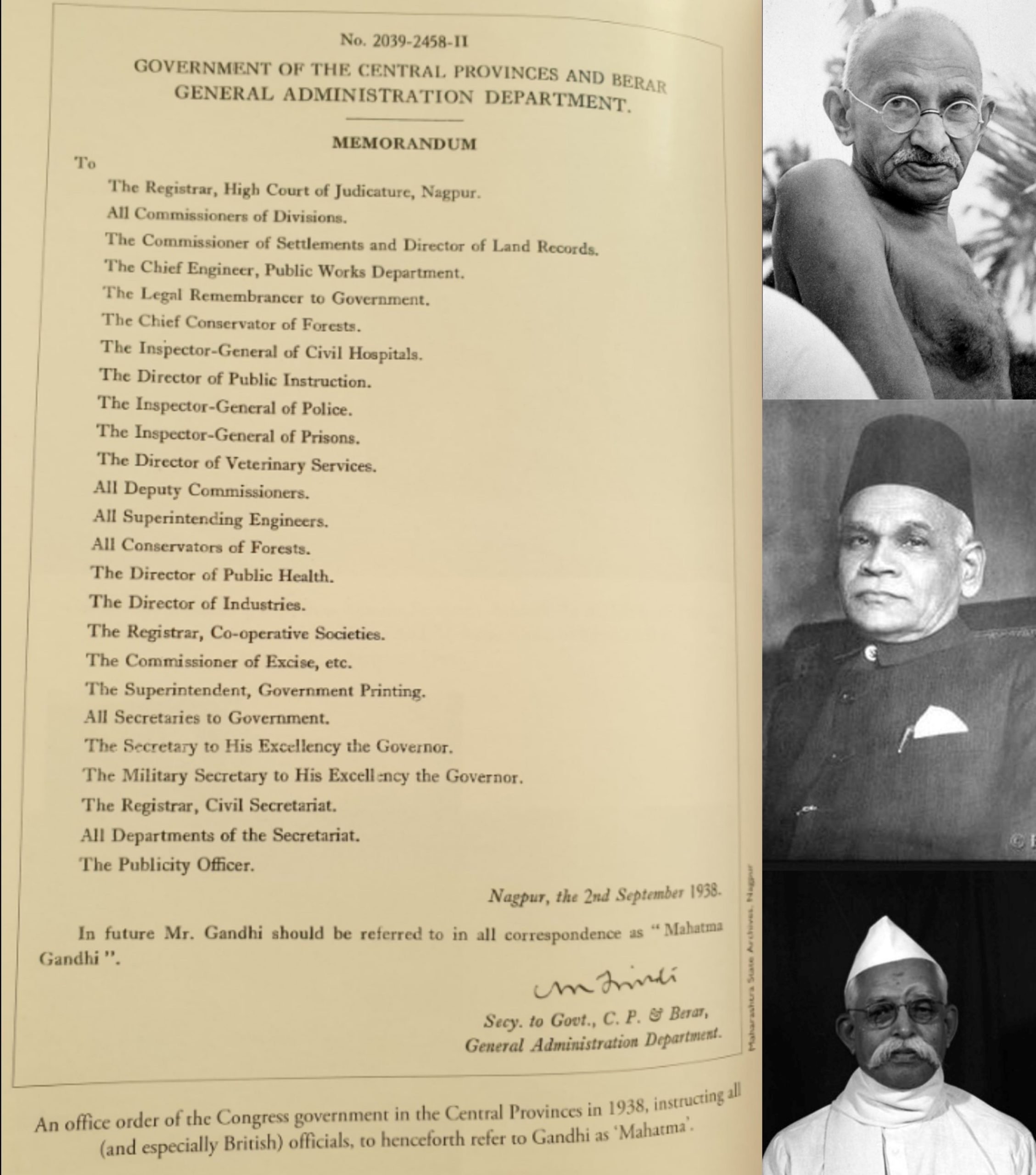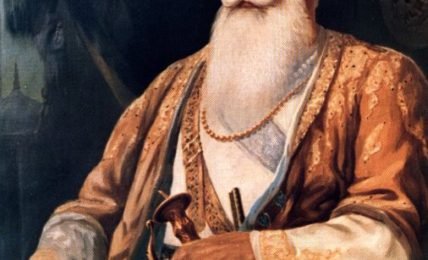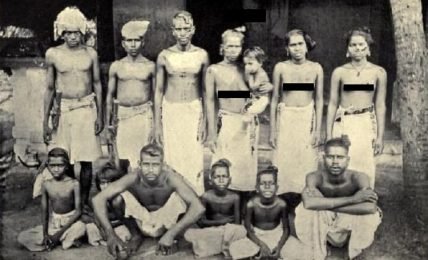A Game of Thrones Made Gandhi Mahatma
It is said that Gandhi was given the epithet Mahatma by Rabindranath Tagore. The first time he was officially called as Mahatma was in 1938 and the story which made him officially Mahatma doesn't seem to be straightforward enough. It came at a time of intense politicking in CP-Berar and one may want to question if this title is the route of ascendancy of one group over the other.




